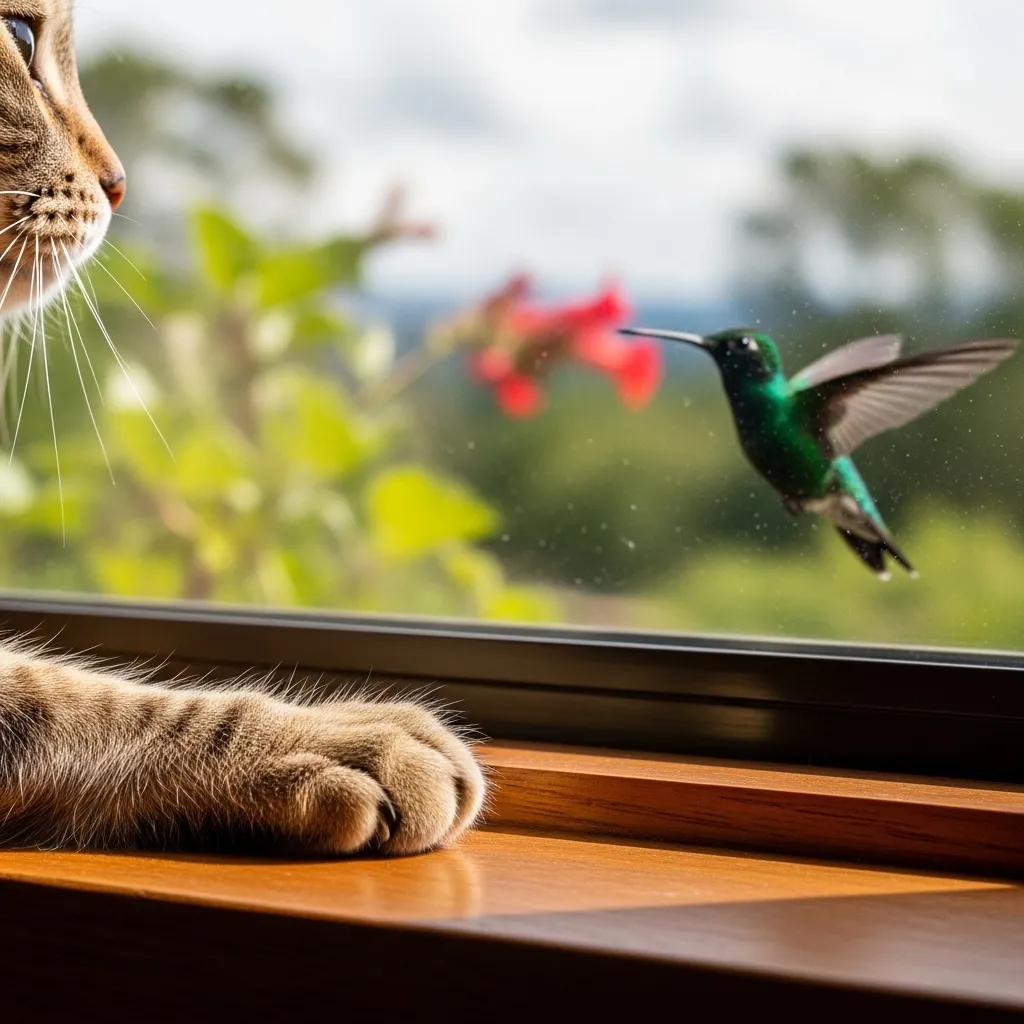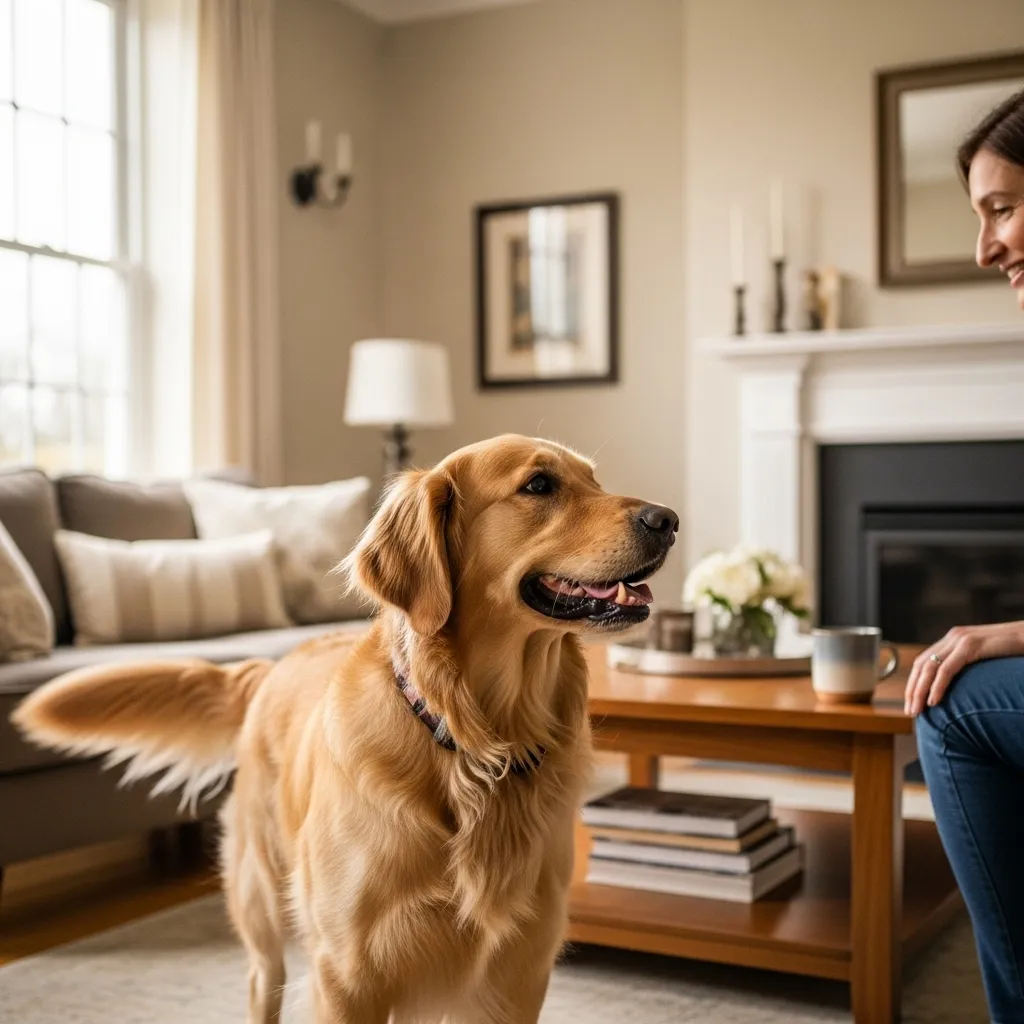
Frequently Asked Questions
Choosing a pet brings up a lot of questions. Here are a few common ones that come up in the “cats vs dogs” debate.
Can a cat person learn to love dogs, and vice versa?
Absolutely! Identifying as a “cat person” or a “dog person” is often based on limited experience. The love for an animal is about connecting with an individual, not a species. Someone who has only known aloof cats might be completely won over by a cuddly, affectionate feline. A person who finds dogs overwhelming might fall in love with a calm, gentle senior dog. The key is to be open-minded and spend time with different animals. Volunteering at a local shelter is a fantastic way to do this.
Are certain breeds of dogs more “cat-like”?
Some dog breeds are known for having a more independent or reserved nature, which some people describe as “cat-like.” Breeds like the Shiba Inu, Basenji, and Greyhound are often noted for their self-possessed and sometimes aloof personalities. They can be very affectionate with their families but may not be as overtly eager to please as a Golden Retriever. However, remember that these are just generalizations. An individual dog’s temperament is always the most important factor.
What if I’m allergic? Are there hypoallergenic pets?
Unfortunately, no dog or cat is 100% hypoallergenic. Allergic reactions are typically caused by proteins found in an animal’s dander (skin flakes), saliva, and urine, not the fur itself. However, some breeds produce fewer allergens or have hair coats that shed less, which can release less dander into the environment. For dogs, breeds like Poodles and Portuguese Water Dogs are often recommended. For cats, the Siberian and Balinese are sometimes better tolerated. If you have allergies, the only way to know for sure is to spend significant time with the specific breed (or even the specific animal) you are considering before making a commitment.
Is it cruel to keep a cat indoors all the time?
Keeping cats exclusively indoors is widely recommended by veterinary and animal welfare organizations like the American Animal Hospital Association (AAHA) for safety reasons. Indoor cats are protected from traffic, predators, diseases, and fights with other animals. Their lifespan is, on average, significantly longer than that of cats who go outdoors. It is not cruel, provided that their indoor environment is properly enriched. This means providing plenty of opportunities for them to climb, scratch, play, and engage their minds, as we’ve discussed. A secure “catio” (an enclosed outdoor patio) can also provide safe access to fresh air and sunshine.
Disclaimer: The information provided in this article is for educational purposes only and is not a substitute for professional veterinary or medical advice. Always consult with your veterinarian for diagnosis, treatment, and decisions regarding your pet’s health and nutrition.














